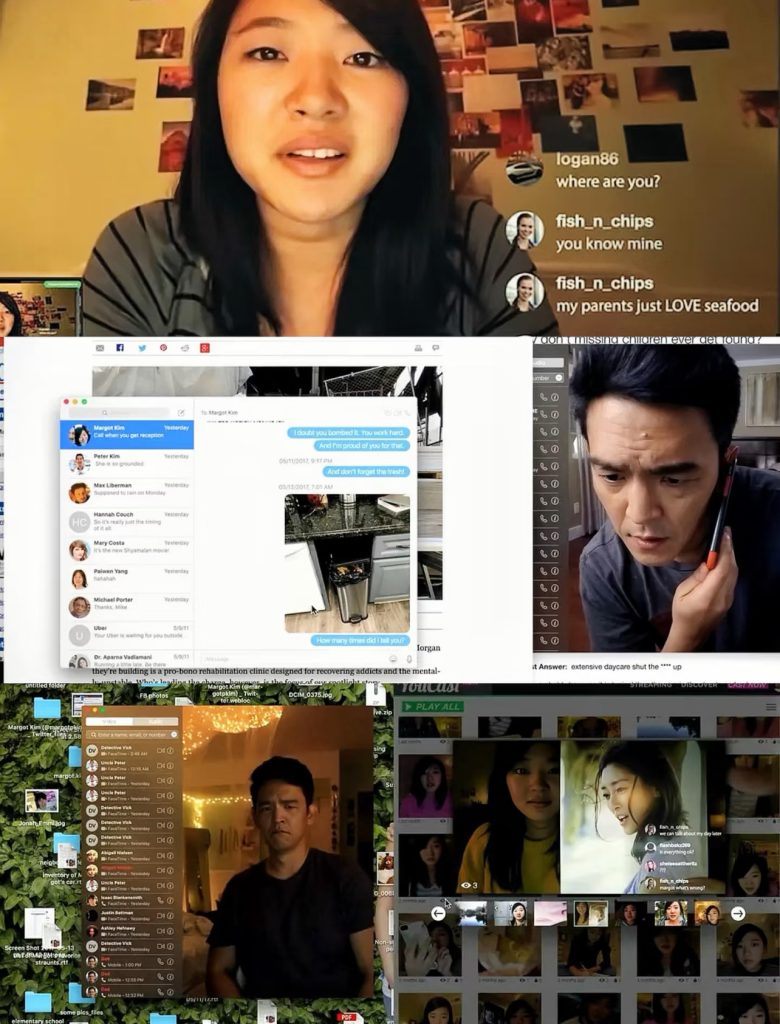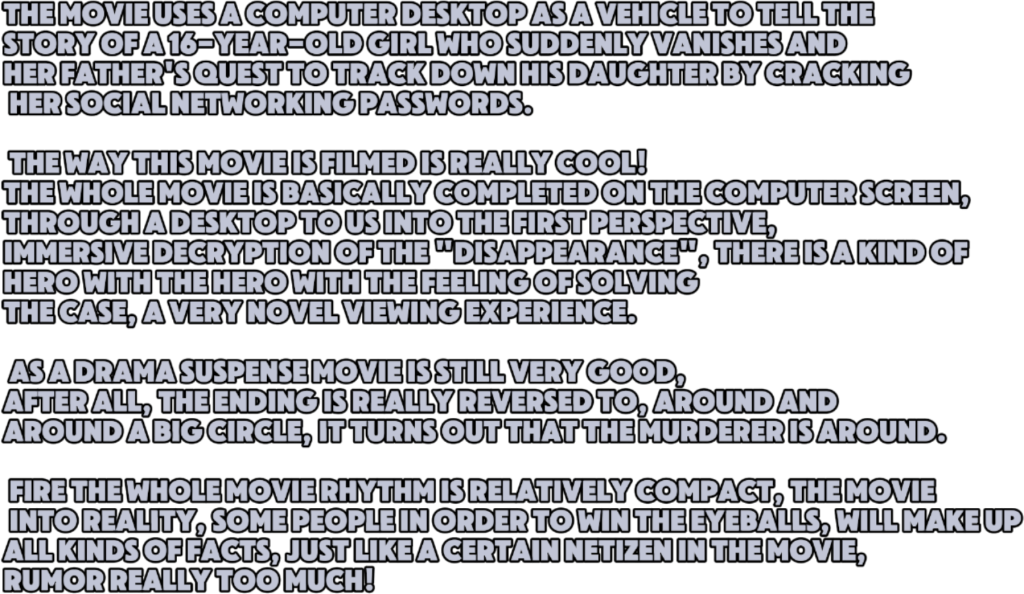In the digital age, the Internet has become an integral part of our daily lives. In this virtual world, everyone possesses one or more digital identities. These digital identities not only reflect our personalities and interests, but also profoundly affect our real lives. This paper will explore how digital and real identities interact with each other.
Definition
Digital identity refers to the self-image presented by an individual in cyberspace through various digital platforms (e.g., social media, online games, etc.). It is a form of online self-expression that can be in the form of text, images, videos, etc.

Positive impact on real life
Social Expansion: digital identities can help users meet new people and expand their social circles. Many people find like-minded friends on social media and even build deep friendships.
Self-expression: Virtual space provides more opportunities for self-expression, which contributes to personal growth and self-awareness. By sharing their thoughts and experiences, users can get to know themselves better and discover their interests and potential.
Career development: the professional image that many people build in the virtual world contributes to career development. For example, personal branding through social media can attract the attention of potential employers and improve employment opportunities.

Negative impact on real life
Social Anxiety: Over-reliance on virtual socialization may lead to a decline in real-life interpersonal skills. Being immersed in the virtual world for a long time may neglect the importance of face-to-face communication. I’ve experienced not leaving the house for three days and nights, swiping video apps and reading e-novels all the time, and the feeling of being disconnected from the world is like falling into an abyss.
Identity confusion: Living in a virtual world for a long period of time may make it difficult for users to distinguish between the virtual and the real, leading to psychological problems. For example, some people may become over-indulged in their virtual roles and neglect their real-life responsibilities and duties. Many teenagers, including those in China, have had their values influenced by the virtual online world, and in a more extreme case, a number of people have lost their lives to suicide because of this…
Cyberbullying: The anonymity of digital identities can sometimes lead to cyberbullying. Some users may take advantage of the anonymity to carry out malicious attacks, causing great psychological pressure on the victim. Although you can defend your rights and interests through legal means, the mental damage caused is indelible.
Here I would like to recommend a movie “Searching“.


In short, virtual digital identity is both a mirror that reveals “beauty” and a mirror that reveals “evil”. While enjoying the convenience and opportunities brought by digital identity, we also need to be alert to its potential negative impacts and learn to reasonably manage and balance the two in order to realize a healthy and positive digital life.
Reference
• Turkle, S. (2011). Alone Together: Why We Expect More from Technology and Less from Each Other. Basic Books.
• boyd, d. (2014). It’s Complicated: The Social Lives of Networked Teens.New Haven,CT: Yale University Press.
• Ellison, N. B., & Boyd, D. (2013). ‘Sociality Through Social Network Sites’. In J.Hunsinger, L. Klastrup, & M. Allen(Eds.), International Handbook of Internet Research (pp. 151-170). Springer.


I think you had a thoughtful discussion on the relationship between digital and real identities, striking a great balance between positives challenges. I especially appreciate your emphasis on self-expression in virtual spaces. I strongly resonate with it. I also
have the experience of sharing creative work on social media. It helped me connect with people who share similar identities and I even got an internship opportunity. Your observations makes me feel very relatable and grounded.
The recommendation of Searching is also a brilliant addition. It not only supports your points but also bridges theory with culture in an accessible way. It’s a perfect example.
For advice, I think you may want to consider offering specific strategies for managing digital identity and balancing online and offline life. These might make your blog even more practical for readers. Also, perhaps by including case studies or statistics, could add more depth to your arguments.